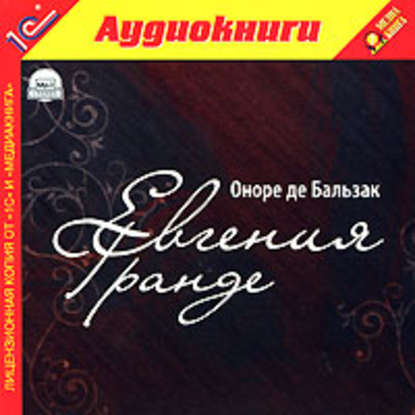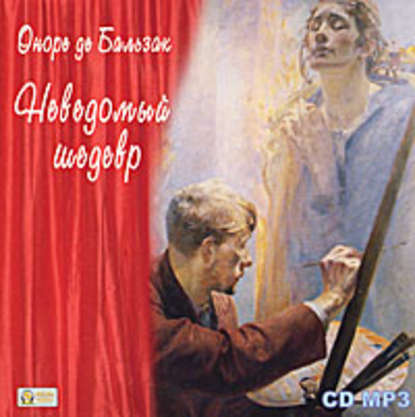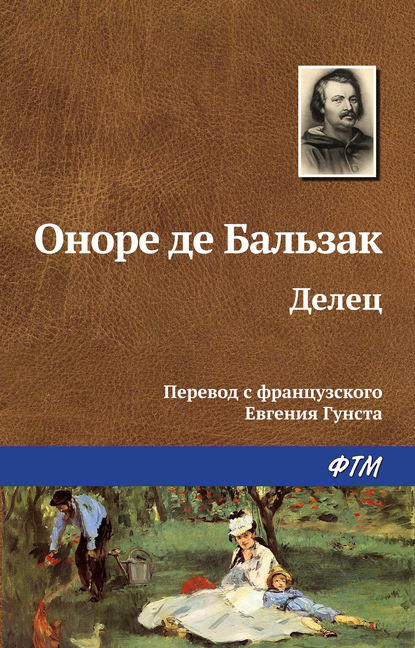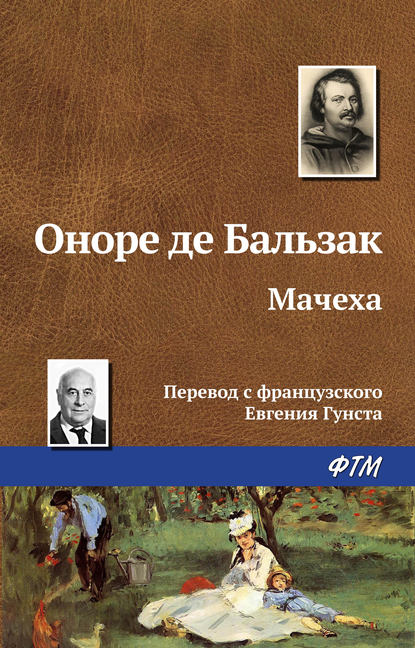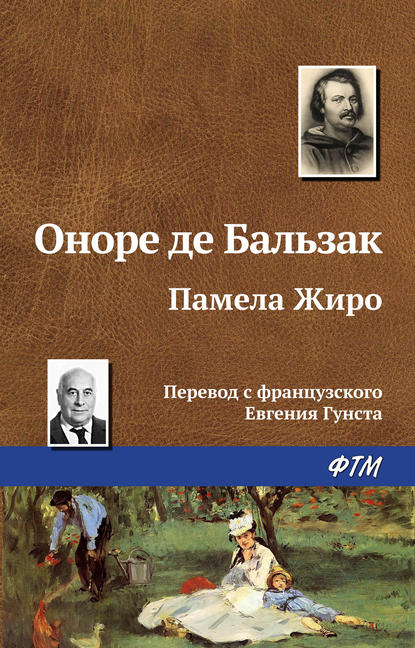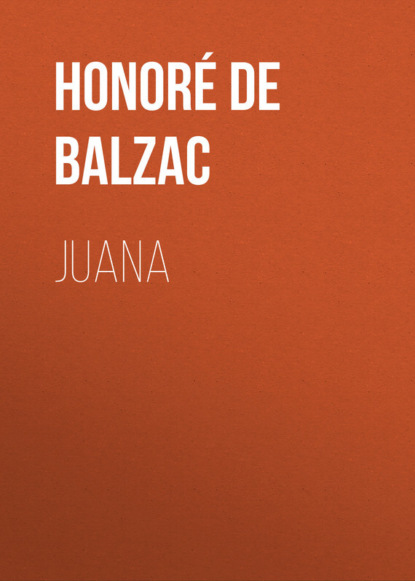
Полная версия
Juana
So, when this daughter, when her Marie-Juana-Pepita (she would fain have given her all the saints in the calendar as guardians), when this dear little creature was granted to her, she became possessed of so high an idea of the dignity of motherhood that she entreated vice to grant her a respite. She made herself virtuous and lived in solitude. No more fetes, no more orgies, no more love. All joys, all fortunes were centred now in the cradle of her child. The tones of that infant voice made an oasis for her soul in the burning sands of her existence. That sentiment could not be measured or estimated by any other. Did it not, in fact, comprise all human sentiments, all heavenly hopes? La Marana was so resolved not to soil her daughter with any stain other than that of birth, that she sought to invest her with social virtues; she even obliged the young father to settle a handsome patrimony upon the child and to give her his name. Thus the girl was not know as Juana Marana, but as Juana di Mancini.
Then, after seven years of joy, and kisses, and intoxicating happiness, the time came when the poor Marana deprived herself of her idol. That Juana might never bow her head under their hereditary shame, the mother had the courage to renounce her child for her child’s sake, and to seek, not without horrible suffering, for another mother, another home, other principles to follow, other and saintlier examples to imitate. The abdication of a mother is either a revolting act or a sublime one; in this case, was it not sublime?
At Tarragona a lucky accident threw the Lagounias in her way, under circumstances which enabled her to recognize the integrity of the Spaniard and the noble virtue of his wife. She came to them at a time when her proposal seemed that of a liberating angel. The fortune and honor of the merchant, momentarily compromised, required a prompt and secret succor. La Marana made over to the husband the whole sum she had obtained of the father for Juana’s “dot,” requiring neither acknowledgment nor interest. According to her own code of honor, a contract, a trust, was a thing of the heart, and God its supreme judge. After stating the miseries of her position to Dona Lagounia, she confided her daughter and her daughter’s fortune to the fine old Spanish honor, pure and spotless, which filled the precincts of that ancient house. Dona Lagounia had no child, and she was only too happy to obtain one to nurture. The mother then parted from her Juana, convinced that the child’s future was safe, and certain of having found her a mother, a mother who would bring her up as a Mancini, and not as a Marana.
Leaving her child in the simple modest house of the merchant where the burgher virtues reigned, where religion and sacred sentiments and honor filled the air, the poor prostitute, the disinherited mother was enabled to bear her trial by visions of Juana, virgin, wife, and mother, a mother throughout her life. On the threshold of that house Marana left a tear such as the angels garner up.
Since that day of mourning and hope the mother, drawn by some invincible presentiment, had thrice returned to see her daughter. Once when Juana fell ill with a dangerous complaint:
“I knew it,” she said to Perez when she reached the house.
Asleep, she had seen her Juana dying. She nursed her and watched her, until one morning, sure of the girl’s convalescence, she kissed her, still asleep, on the forehead and left her without betraying whom she was. A second time the Marana came to the church where Juana made her first communion. Simply dressed, concealing herself behind a column, the exiled mother recognized herself in her daughter such as she once had been, pure as the snow fresh-fallen on the Alps. A courtesan even in maternity, the Marana felt in the depths of her soul a jealous sentiment, stronger for the moment than that of love, and she left the church, incapable of resisting any longer the desire to kill Dona Lagounia, as she sat there, with radiant face, too much the mother of her child. A third and last meeting had taken place between mother and daughter in the streets of Milan, to which city the merchant and his wife had paid a visit. The Marana drove through the Corso in all the splendor of a sovereign; she passed her daughter like a flash of lightning and was not recognized. Horrible anguish! To this Marana, surfeited with kisses, one was lacking, a single one, for which she would have bartered all the others: the joyous, girlish kiss of a daughter to a mother, an honored mother, a mother in whom shone all the domestic virtues. Juana living was dead to her. One thought revived the soul of the courtesan – a precious thought! Juana was henceforth safe. She might be the humblest of women, but at least she was not what her mother was – an infamous courtesan.
Конец ознакомительного фрагмента.
Текст предоставлен ООО «ЛитРес».
Прочитайте эту книгу целиком, купив полную легальную версию на ЛитРес.
Безопасно оплатить книгу можно банковской картой Visa, MasterCard, Maestro, со счета мобильного телефона, с платежного терминала, в салоне МТС или Связной, через PayPal, WebMoney, Яндекс.Деньги, QIWI Кошелек, бонусными картами или другим удобным Вам способом.



